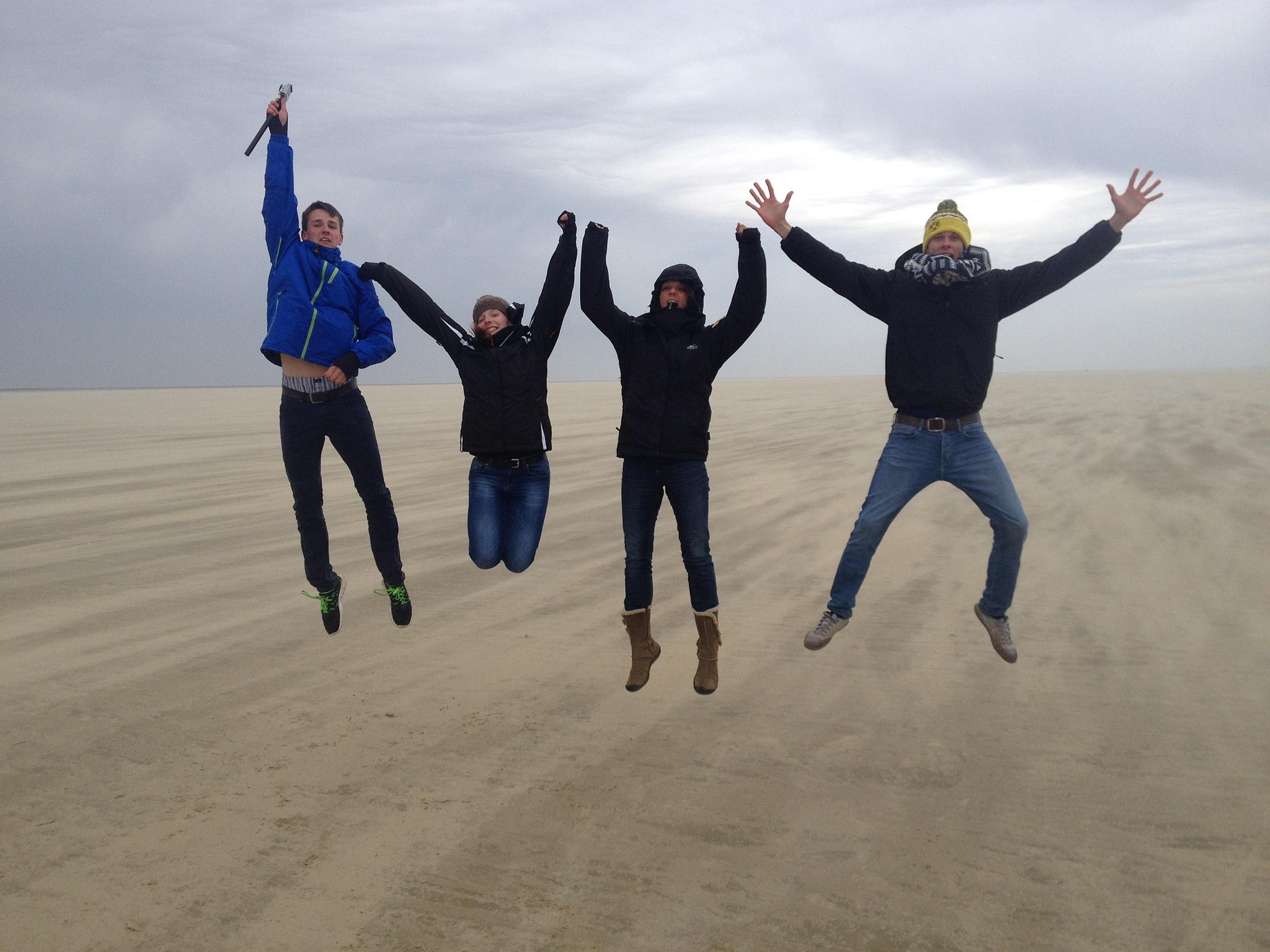Leadership isn’t just about what you do. It’s about who you are—and who you’re becoming.
For decades, leadership development has focused on skills, competencies, and behaviors: how to delegate, how to communicate, how to strategize. These matter—but they don’t explain why many highly skilled leaders still end up burned out, disconnected, or on autopilot.
The missing piece? Identity.
That’s why I call this approach Identity-First Leadership.
Why “Identity-First”?
Traditional leadership development models start with the what—skills, outcomes, metrics—and hope that authenticity and alignment follow. In reality, it works the other way around. Leaders who begin with a clear sense of who they are lead more effectively, sustainably, and meaningfully.
Identity-First Leadership means placing identity—the leader’s story, core self, values, and purpose—at the center of leadership growth. Skills and competencies are still necessarily developed, but they grow out of the stable foundation of identity clarity.
This matters because leaders who skip identity work often fall into autopilot or worse, burnout. They still show up with competence and performance and are busy, but they’re disconnected.
How Autopilot Shows Up in Leadership
Autopilot isn’t about failing; it’s about drifting. Leaders look effective on paper, but they say things like:
- “I move from meeting to meeting, but I can’t remember what I actually accomplished.”
- “I’m hitting targets, but I don’t know why I’m doing this anymore.”
- “I say yes before I think about it, then regret it later.”
- “Every week feels like survival. I can’t remember the last time I felt inspired.”
These aren’t skill problems. They’re identity clarity problems—the leader is doing without becoming.
What the Research Tells Us
Identity-first leadership isn’t just a nice idea—it’s backed by evidence.
A longitudinal study of healthcare leaders found that changes in leader identity—seeing oneself as a leader, integrating values into choices, and making meaning of experiences—preceded sustained changes in behavior and influence (Ryan, Hammond, and MacCurtain, 2024).
A meta-analysis of over 200 studies confirmed that authentic leadership (built on self-awareness, values, and transparency) is strongly linked to job satisfaction, trust, and performance (Zhang et al., 2022).
Other research shows that when leaders strengthen identity alignment, they don’t just perform better—they also experience greater well-being and resilience, avoiding burnout while sustaining their impact (Yemiscigil et al., 2022).
Together, the evidence is clear: identity shifts fuel leadership shifts.
How Identity-First Leadership Interrupts Autopilot
When leaders reconnect to identity, five things happen:
- 1. Meaning is Restored
Leaders remember what matters—and why it matters—before chasing the next metric. - 2. Agility Expands
They stop reacting out of habit and start asking: “Who do I want to be in this moment?” - 3. Connection is Rebuilt
They lead people with presence and empathy, not just processes and tasks. - 4. Integrity is Strengthened
When actions align with values, credibility and trust grow. - 5. Vision is Sustained
Leaders anchored in identity inspire others with clarity and hope, even in uncertainty.
The Role of Identity-First Coaching
If identity-first leadership is the “what,” then identity-first coaching is the “how.”
As coaches, we help leaders pause, reflect, and reconnect with who they are. That means going beyond goals and skills to ask deeper questions:
- “When do you feel most like yourself in leadership?”
- “What difference do you want your work to make—not just for results, but for people?”
- “Where are your values showing up—or not—in your choices this week?”
These questions re-anchor leaders in identity. They shift coaching from transactional progress checks to transformational identity work—the kind of change that lasts.
Why This Matters Now
We live in a world of speed, scale, and metrics. Leaders are rewarded for doing more, faster. But without identity clarity, they risk burnout, disengagement, and cultures built on compliance instead of trust.
Identity-first leadership is more than a concept. It’s a movement toward human-centered, sustainable leadership. It helps leaders and teams flourish while building organizations where people want to belong.
The Future of Identity-First Leadership
I’m committed to advancing this work through research, writing, speaking and practice. My book, Leading Becomes You: A Real World Framework for Leading from the Inside Out, explores this approach in depth, alongside tools and case studies.
But here’s where it starts:
- Leaders asking not just “What should I do?” but “Who am I becoming?”
- Coaches daring to go beyond skill-building into identity work.
- Organizations realizing that authentic, sustainable performance grows from identity-first leadership development.
Who are your leaders becoming? What about your own self-as-leader? How do you know?
Works Cited
Ryan, Nuala F., Michelle Hammond, and Sarah MacCurtain. “A Qualitative Study Unpacking the Leader Identity Development Process Taking a Multi-Domain Approach.” Leadership & Organization Development Journal, vol. 45, no. 4, 2024, pp. 602–618. Emerald Publishing. https://doi.org/10.1108/LODJ-07-2022-0327.
Yemiscigil, Ayse, Dana Born, Scott Snook, and Emily Pate. “Authentic Leadership Development and Leaders’ Psychological Well-Being: An Outcome-Wide Analysis.” Leadership & Organization Development Journal, vol. 43, no. 8, 2022, pp. 1287–1307. https://doi.org/10.1108/LODJ-11-2021-0525.
Zhang, Yucheng, et al. “Antecedents and Outcomes of Authentic Leadership Across Culture: A Meta-Analytic Review.” Asia Pacific Journal of Management, vol. 39, no. 5, 2022, pp. 1399–1435. https://doi.org/10.1007/s10490-021-09762-0
planting image credit: rawpixel via pixabay










